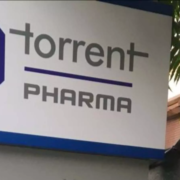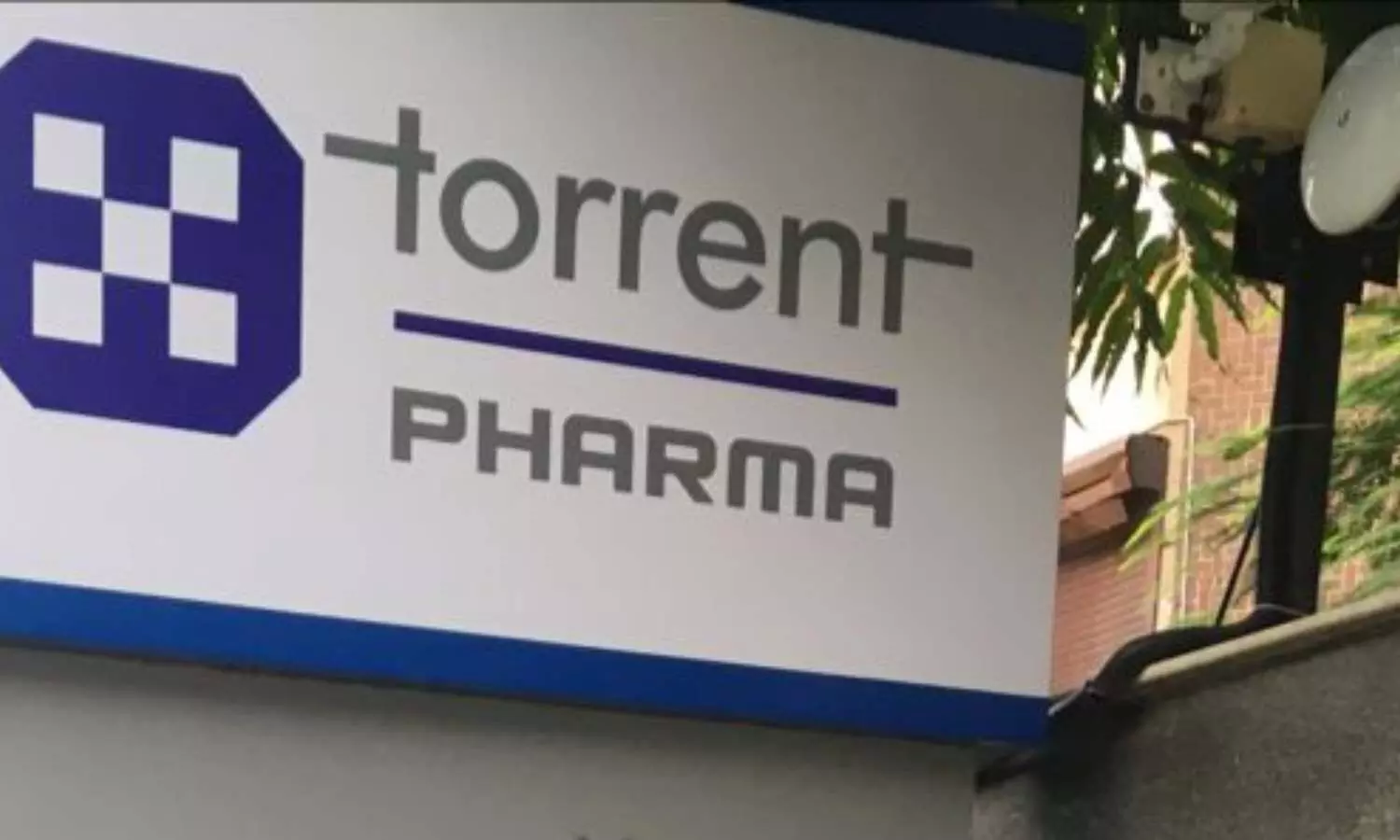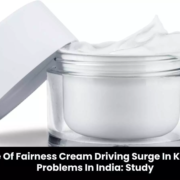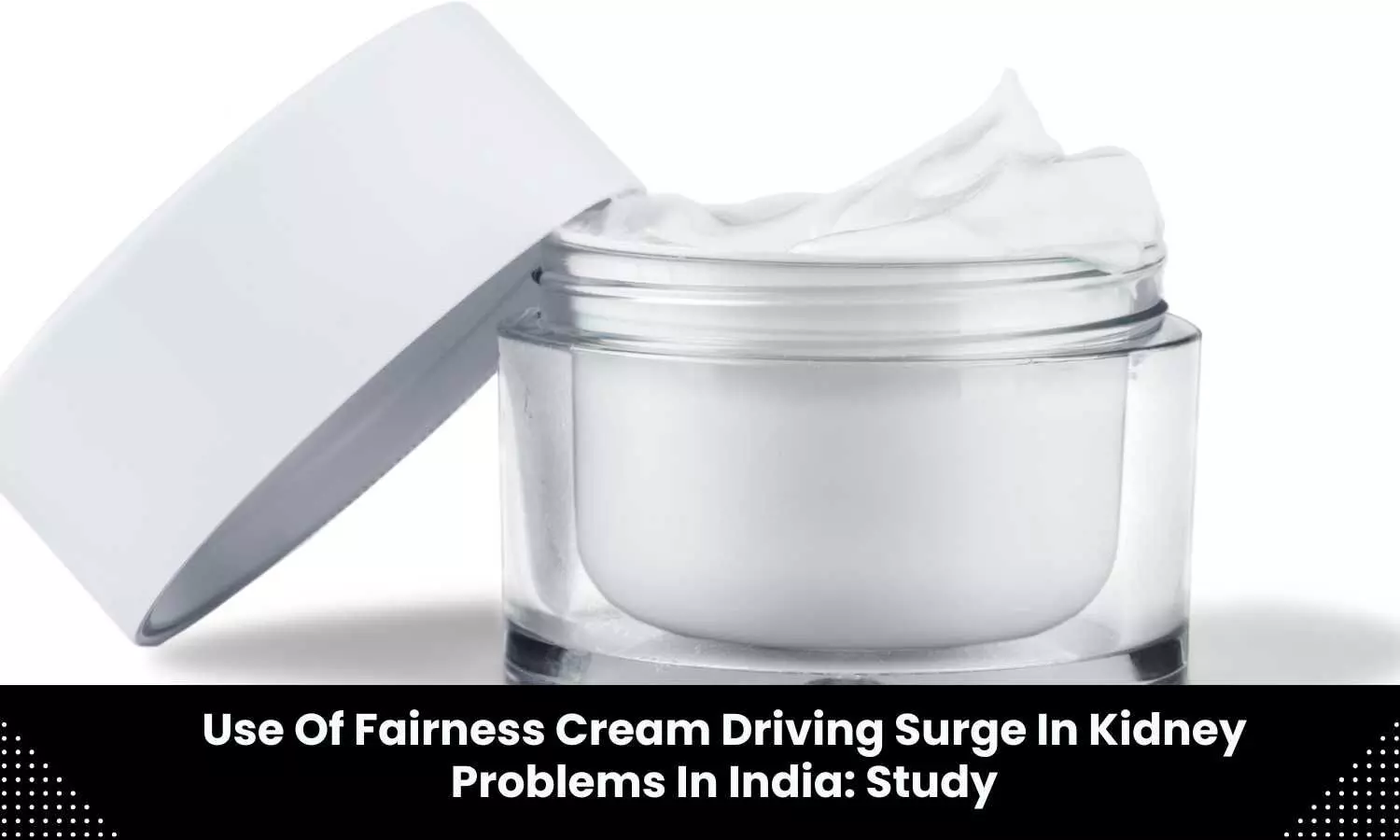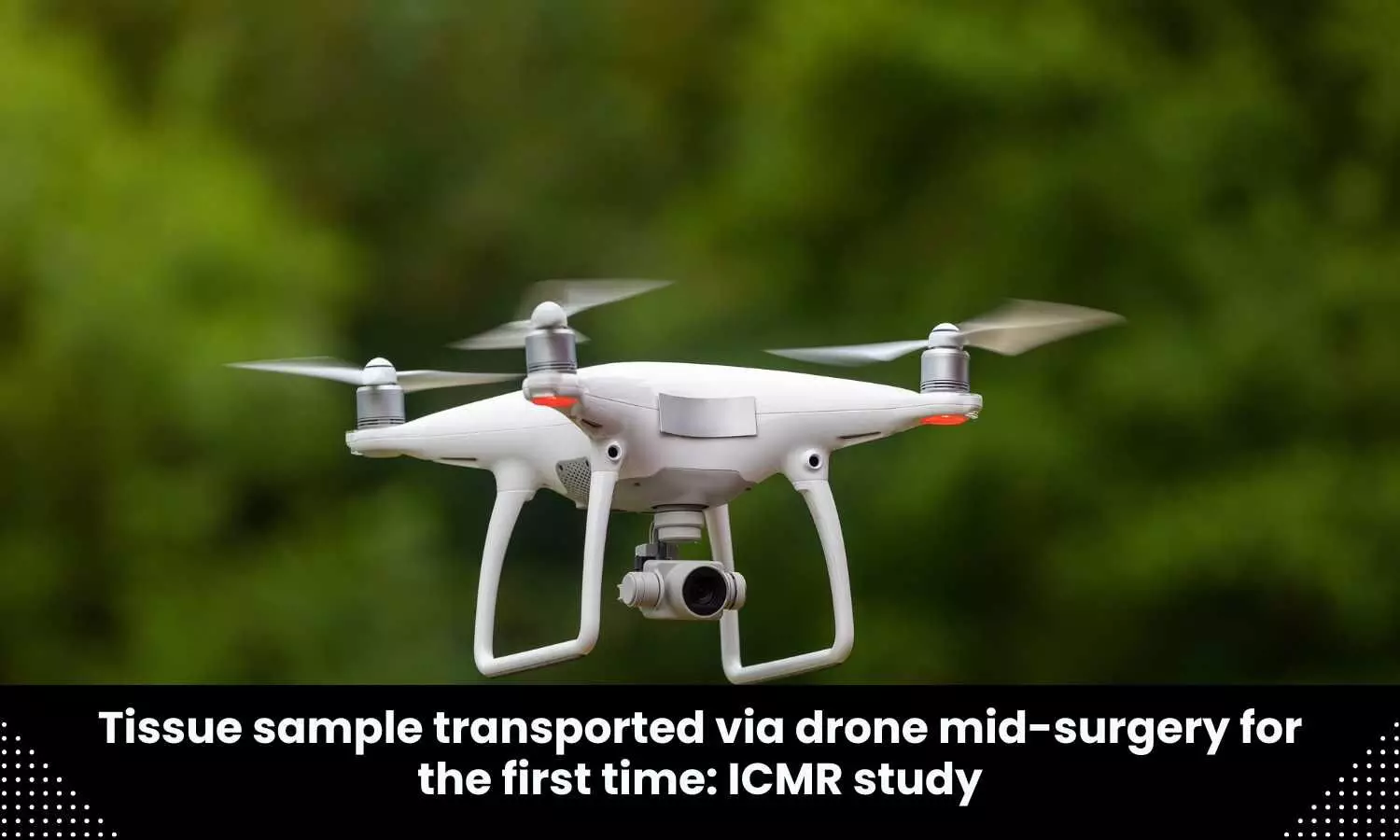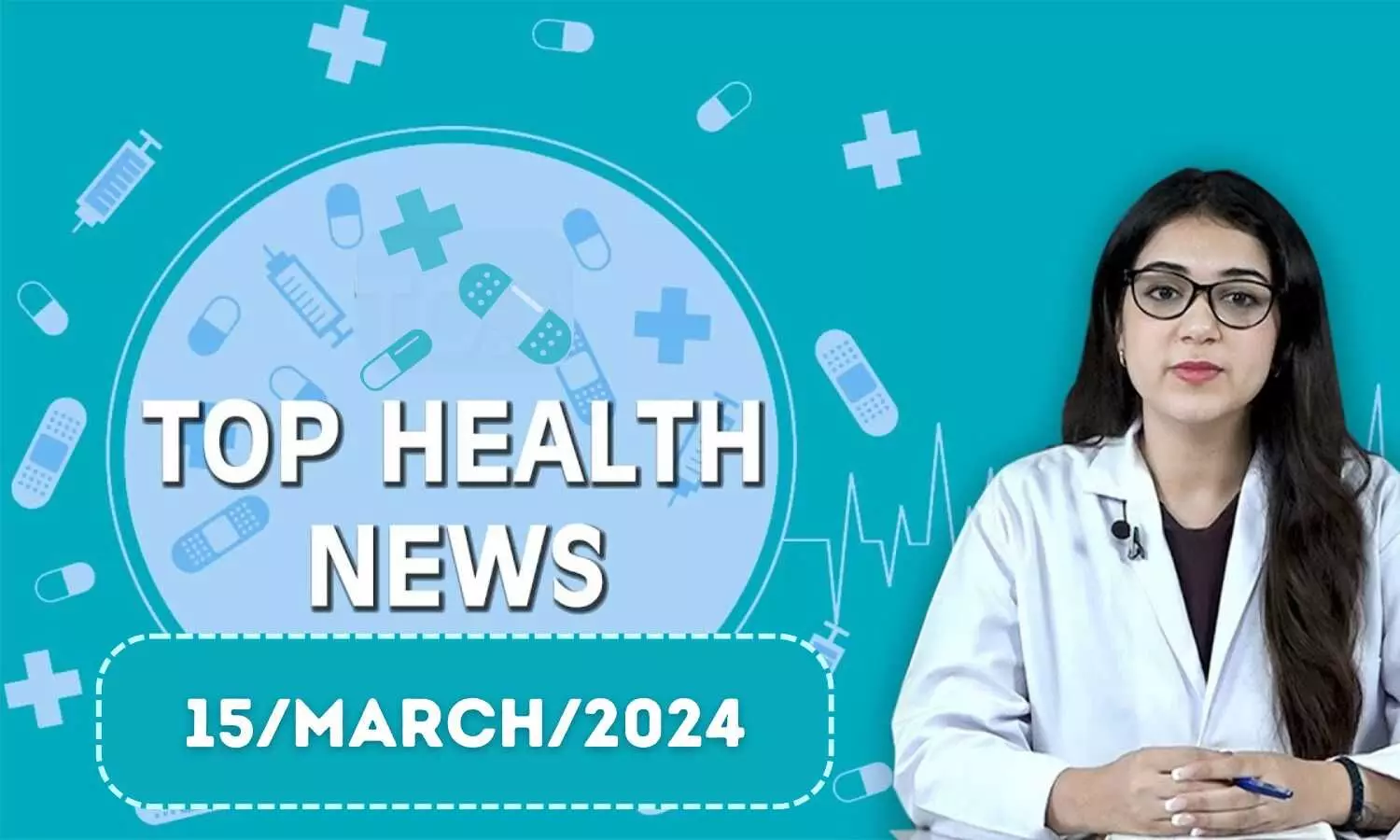Appendicoscopy with single operator cholangioscope: A novel approach to acute obstructive appendicitis

China: A recent study investigating the efficacy of appendicoscopy utilizing single-operator cholangioscopy (SOC) in managing acute obstructive appendicitis revealed a high success rate of the procedure with a technical success rate of 96.4% & a clinical success rate of 91.8%.
The mean procedure time was 20.9 minutes, and 99.1% of patients experienced rapid relief of abdominal pain within 6 hours post-procedure.
“Appendicoscopy appears to be an effective and feasible alternative therapy for the accurate diagnosis and treatment of acute obstructive appendicitis,” the researchers wrote in Gastrointestinal Endoscopy.
Acute appendicitis, a common surgical emergency, traditionally warrants prompt appendectomy to prevent complications like perforation and peritonitis. However, recent advances in endoscopic technology have paved the way for innovative techniques aimed at minimizing invasiveness while ensuring effective treatment. Among these, appendicoscopy using a single-operator cholangioscope has emerged as a promising alternative in the management of acute obstructive appendicitis.
The procedure begins with conventional colonoscopic insertion, followed by advancement of the SOC into the cecum and identification of the appendiceal orifice. Through meticulous manipulation and visualization, the obstructed appendiceal lumen can be accessed, allowing for decompression, irrigation, and, if necessary, therapeutic interventions such as stone removal or stent placement. Importantly, appendicoscopy with SOC offers the advantage of real-time visualization, enabling precise identification of pathology and confirmation of therapeutic success.
Against the above background, Liying Tao, Digestive Endoscopy Center, Jilin People’s Hospital, Jilin, China, and colleagues aimed to investigate the efficacy and safety of appendicoscopy using SOC for the management of acute obstructive appendicitis.
The researchers described 110 cases of acute obstructive appendicitis managed by appendicoscopy between 2021 and 2023. The success rate (technical + clinical), procedure time, postoperative length of hospital stay, time to relief abdominal pain using the visual analogue scale (VAS), and complication rates were recorded and analyzed.
Following were the study’s key findings:
· The technical success rate of appendicoscopy was 96.4%; the clinical success rate was 91.8%.
· The mean procedure time was 20.9±10 minutes (standard deviation [SD]).
· The abdominal pain score at 6 hours after the procedure was ≤3 (VAS method) in 99.1% of the patients.
· The average length of postoperative hospital stay was 3.5±1.5 days.
· No adverse events occurred.
In conclusion, appendicoscopy with SOC emerges as a promising alternative to conventional appendectomy in the management of acute obstructive appendicitis. By combining the advantages of endoscopic access with the visualization capabilities of the cholangioscope, this innovative approach offers a minimally invasive yet effective means of relieving appendiceal obstruction and facilitating therapeutic interventions.
Reference:
Tao L, Wang H, Guo Q, Guo S, Guo X, Liu S. Appendicoscopy Using Single Operator Cholangioscope in The Management of Acute Obstructive Appendicitis: A Novel Alternative. Gastrointest Endosc. 2024 Apr 7:S0016-5107(24)00227-X. doi: 10.1016/j.gie.2024.04.010. Epub ahead of print. PMID: 38593933.
Powered by WPeMatico


